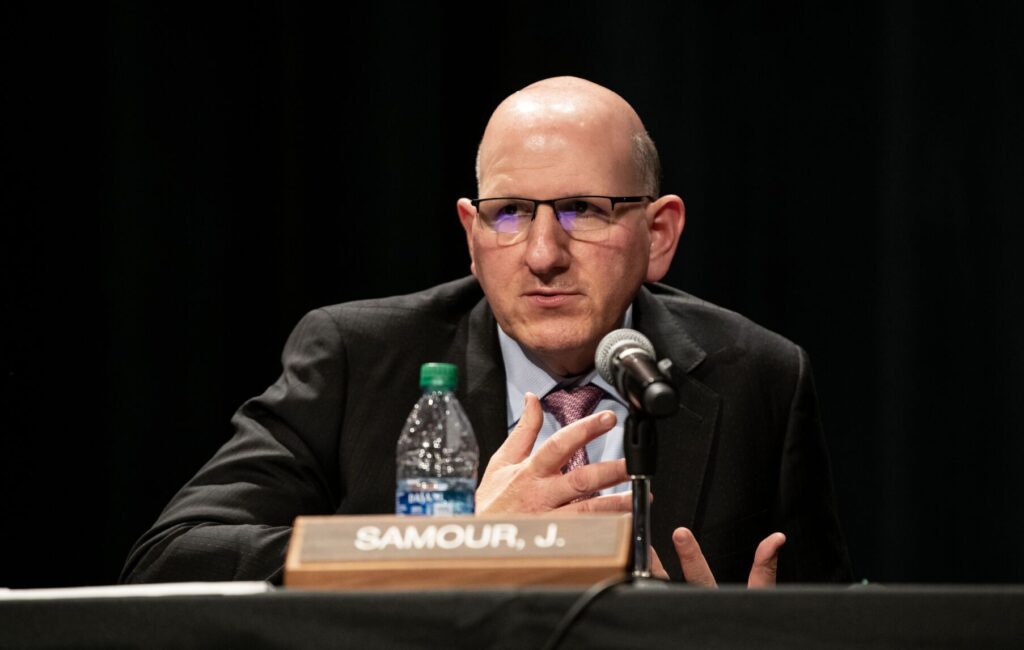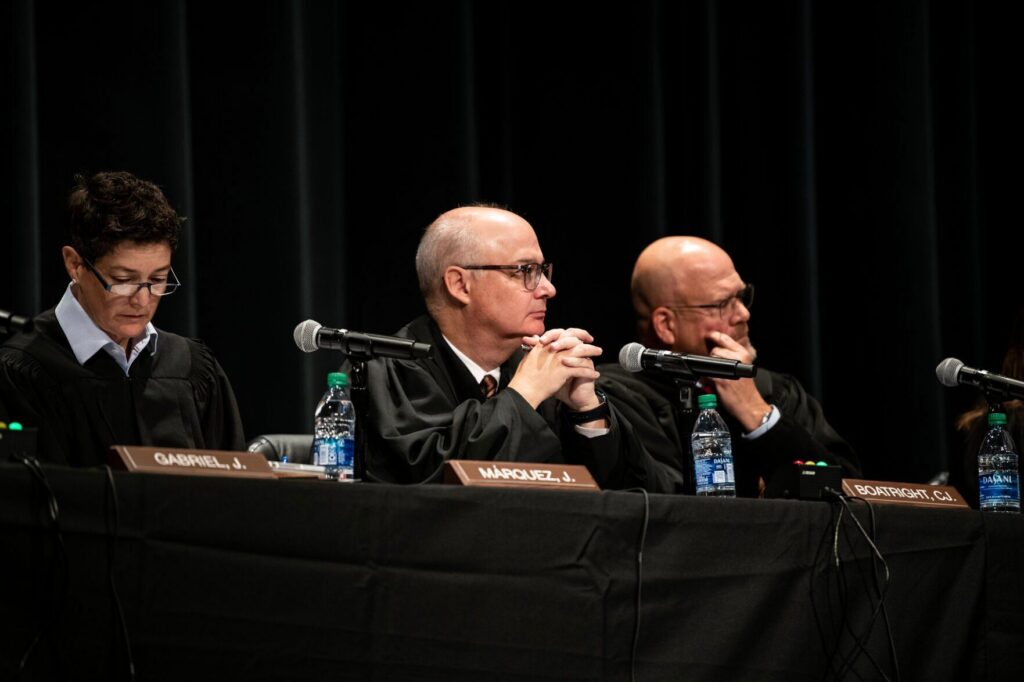Colorado attorney cannot deduct $300K racecar spending as business expense, 10th Circuit says
The federal appeals court based in Denver agreed on Monday that a Colorado attorney could not claim more than $300,000 in car racing expenditures as “ordinary and necessary” business expenses to be deducted from his taxes.
The Internal Revenue Service began looking into the tax filings and non-filings of James W. Avery between 2008 and 2013. Avery had been licensed to practice law in Colorado since the early 1980s and worked as a personal injury attorney, but he lived in Indiana from 2003 to 2010. Once there, he became interested in car shows and car racing.
During the tax proceedings, Avery said he affixed a decal for his law firm on the back of the car, which he considered “advertising.” He believed racing would enable him to meet lawyers or other clients. Ultimately, he only wound up having a consultation with one Pizza Hut franchisee as a result.
Avery was able to document some of his advertising expenses, including the racecar expenditures, and the IRS found he spent $51,634 on legitimate advertising. But after a trial in U.S. Tax Court, a judge concluded Avery was not entitled to the remaining $303,366 he alleged he could deduct.
In a February 2023 opinion, Senior Judge Albert G. Lauber did not find car racing to be an “ordinary and necessary expense” of Avery’s personal injury law practice.
“Petitioner greatly enjoyed car racing, which he found more exciting than his previous hobby of acquiring collector cars and participating in car shows. But we find that both activities were hobbies,” Lauber wrote, adding that Avery largely raced outside of Colorado, where his law firm was based.
“If petitioner genuinely viewed car racing as a form of advertising, one might expect that he would have ramped up this activity (or at least maintained it) when he returned in late 2010 to Colorado, the main market for his legal services,” Lauber elaborated. “But he acknowledged that his 2009 Dodge Viper mostly ‘sat in the garage’ after he returned to Denver.”
Finally, Lauber questioned the notion that meeting potential clients justified car racing as a business expense.
“(I)nnumerable sports and hobbies could serve the same function,” wrote Lauber. “That possibility does not convert the costs of pursuing a hobby into deductible advertising expenses.”
Representing himself, Avery appealed to the U.S. Court of Appeals for the 10th Circuit. He primarily argued that Lauber used a “purely subjective factor” — Avery’s enjoyment of racing — to decide car racing was a hobby, not a business expense.
“Use of the factor of a taxpayers’ enjoyment of a marketing activity as a basis for exclusion is an unduly vague and unreasonable basis for disallowance of the expense. If a company CEO enjoys a marketing activity, does it become a factor to disallow marketing expenses to advertise the business?” Avery wrote.
But a three-judge panel of the 10th Circuit was unconvinced. In a Dec. 9 order, it pointed out Avery had cited no other court decisions supporting his point of view and, moreover, there was nothing wrong with evaluating the extent to which car racing was a personal hobby.
“Mr. Avery’s enjoyment of the activity for which he incurred expenses is relevant to his primary motive,” wrote Judge Veronica S. Rossman. “As long as personal enjoyment remains one factor among others, we see no realistic threat of the situation he posits, where the Tax Court disallows otherwise legitimate business expenses related to a work vehicle solely because the owner enjoys driving it.”
The case is Avery v. Commissioner of Internal Revenue.











